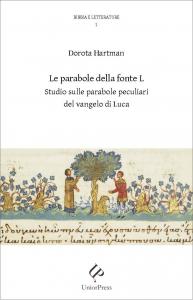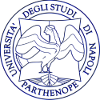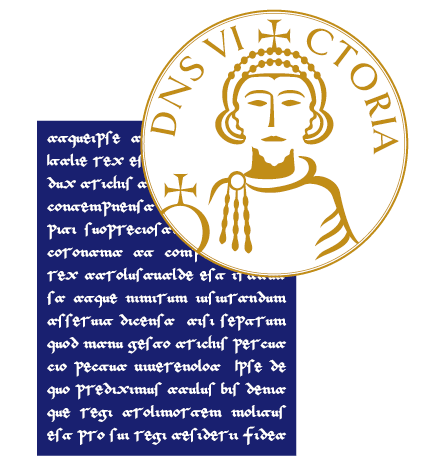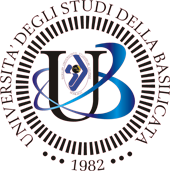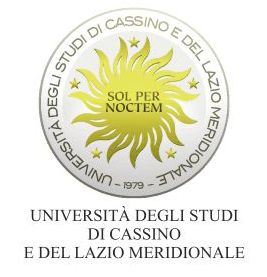Le parabole della fonte L: Studio sulle parabole peculiari del vangelo di Luca
Keywords:
Bibbia, Giudaismo, Nuovo Testamento, Letteratura cristiana anticaSinossi

Editore: UniorPress
Collana: Bibbia e Letterature
Pagine: 232
Lingua: Italiano
NBN: http://nbn.depositolegale.it/urn:nbn:it:unina-22353
Abstract: Tra i vangeli canonici, il vangelo di Luca contiene il maggior numero di parabole, molte delle quali non trovano corrispondenza negli altri vangeli sinottici. L’origine di queste parabole peculiari di Luca, alcune delle quali molto note ‒ come quelle del figlio prodigo e del buon Samaritano ‒ è da sempre dibattuta e, secondo alcuni, sarebbe da ricercare in una fonte sconosciuta, chiamata convenzionalmente L, cui Luca potrebbe aver attinto accanto ad altre fonti ‒ fra cui, in particolare,il vangelo di Marco e l’ipotetica fonte Q. Queste parabole presentano spesso tratti discordanti rispetto agli elementi distintivi della scrittura lucana, sia nel lessico che nei contenuti; ma allo stesso tempo includono temi cari a Luca, quali l’attenzione alla vita quotidiana, alla famiglia, alle relazioni tra padroni e servi, fra amici e nemici, al riscatto degli emarginati e delle categorie deboli, cui corrisponde la condanna per coloro che usano male la ricchezza o che non sentono di doversi curare del prossimo. Altro elemento caratteristico è la frequenza di personaggi moralmente ambigui o socialmente disprezzati, che vengono invece riabilitati, ponendo l’ascoltatore di fronte a un cambio di prospettiva e a una valutazione estremamente critica nei confronti d’intere categorie, come i ricchi e i rappresentanti del giudaismo farisaico. In questo studio sono passati in rassegna i principali punti di vista sulle parabole di Luca e l’ipotetica fonte L, di cui sono riesaminati temi, linguaggio e obiettivi e il modo in cui è stata elaborata dal terzo evangelista.
Downloads
